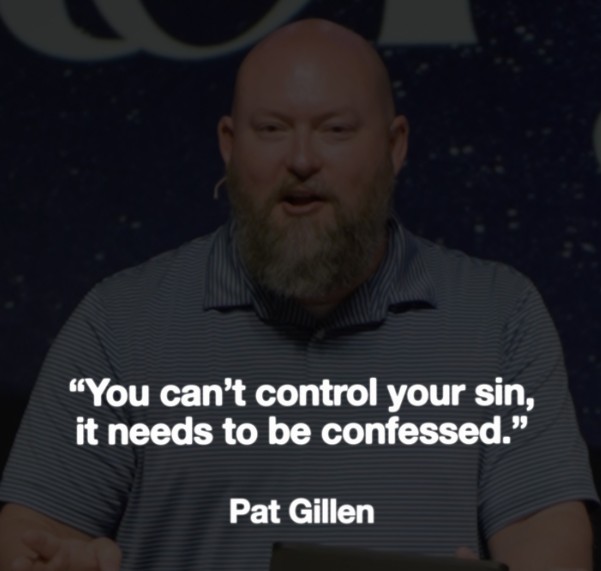The Whole Story
Psalm 51 is one of the most profound
expressions of repentance in Scripture, a heartfelt plea for mercy, and a
powerful reminder of God’s grace. Written by King David after his sin with
Bathsheba and the murder of her husband, Uriah (cf. 2 Samuel 11), this psalm
reflects the deep anguish and remorse that accompany genuine repentance.
David’s prayer reveals not only the weight of sin but also the overwhelming
mercy and forgiveness found in God’s heart. It is a model for how we, too,
should approach God when we fall short, recognizing both our brokenness and His
unfailing grace.
The psalm opens with a desperate cry for
mercy: "Have mercy on me, O God, according to your unfailing love;
according to your great compassion blot out my transgressions" (v.1).
David begins by appealing to God's nature — His unfailing love and great
compassion — as the basis for forgiveness. He acknowledges his sin and guilt,
recognizing that his offense is ultimately against God. The psalm emphasizes
that true repentance is not just about external actions or regrets but about a
broken and contrite heart. David prays, "Create in me a pure heart, O God,
and renew a steadfast spirit within me" (v.10), highlighting the need for
inner transformation that only God can bring.
The depth of repentance in Psalm 51 is
evident as David recognizes that sin is not merely an outward action but a
condition of the heart. He longs for cleansing and renewal, asking God to wash
him white as snow and restore the joy of salvation (v.12). David also pleads
for God’s Spirit to sustain him, knowing that only through God’s grace can he
be empowered to live in righteousness.
Ultimately, Psalm 51 highlights both the
seriousness of sin and the boundless grace of God. It demonstrates that, no
matter how great our failure, God is faithful to forgive and restore those who
genuinely seek His mercy. In this psalm, David models the heart of true
repentance, showing that grace, not guilt, is the final word in the believer’s
story. This points us to Jesus Christ, the one who gives grace and removes
guilt. Jesus is here, even in the 51st Psalm.
Psalm
51
A Psalm of David, when Nathan the prophet
went to him, after he had gone in to Bathsheba.
1 Have mercy on me, O God, according to your
steadfast love; according to your abundant mercy blot out my transgressions. 2
Wash me thoroughly from my iniquity and cleanse me from my sin! 3 For I know my
transgressions, and my sin is ever before me. 4 Against you, you only, have I
sinned and done what is evil in your sight, so that you may be justified in
your words and blameless in your judgment. 5 Behold, I was brought forth in
iniquity, and in sin did my mother conceive me. 6 Behold, you delight in truth
in the inward being, and you teach me wisdom in the secret heart. 7 Purge me
with hyssop, and I shall be clean; wash me, and I shall be whiter than snow. 8
Let me hear joy and gladness; let the bones that you have broken rejoice. 9
Hide your face from my sins and blot out all my iniquities. 10 Create in me a
clean heart, O God, and renew a right spirit within me. 11 Cast me not away
from your presence and take not your Holy Spirit from me. 12 Restore to me the
joy of your salvation and uphold me with a willing spirit. 13 Then I will teach
transgressors your ways, and sinners will return to you. 14 Deliver me from blood
guiltiness, O God, O God of my salvation, and my tongue will sing aloud of your
righteousness. 15 O Lord, open my lips, and my mouth will declare your praise.
16 For you will not delight in sacrifice, or I would give it; you will not be
pleased with a burnt offering. 17 The sacrifices of God are a broken spirit; a
broken and contrite heart, O God, you will not despise. 18 Do good to Zion in
your good pleasure; build up the walls of Jerusalem; 19 then will you delight
in right sacrifices, in burnt offerings and whole burnt offerings; then bulls
will be offered on your altar.
The
Holy Bible, English Standard Version. ESV® Text Edition: 2016. Copyright © 2001
by Crossway Bibles, a publishing ministry of Good News Publishers. Psalm 51
Discussion Questions:
Why does David appeal to God’s love and mercy first? What does this teach us about the heart of repentance?
How do we reconcile David saying “against you only have I sinned” when others
were clearly harmed?
What do you think it means to ask God to “create a clean heart”? Have you ever felt spiritually renewed in this way?
How might God want to use your story
of brokenness to help others?
What does true repentance look like in real life — not just words, but in the posture of our hearts?
END

























No comments:
Post a Comment